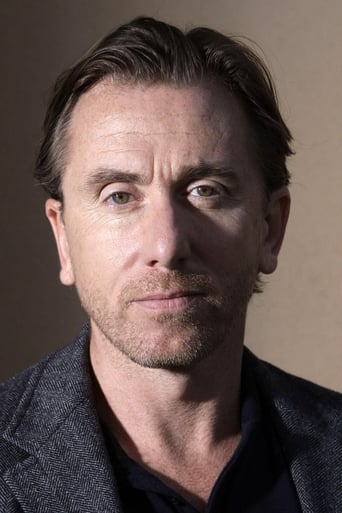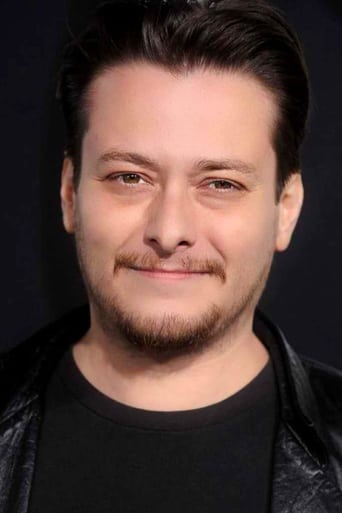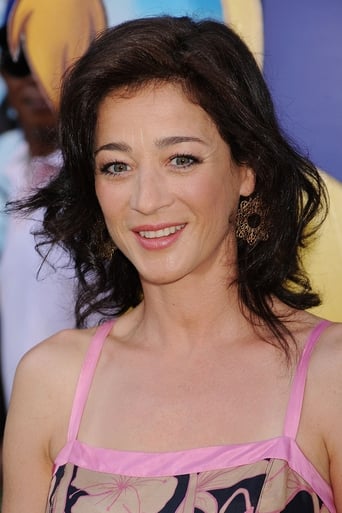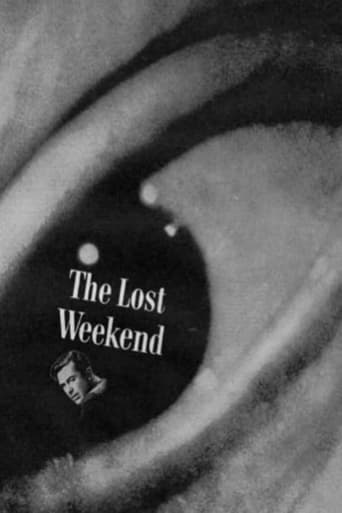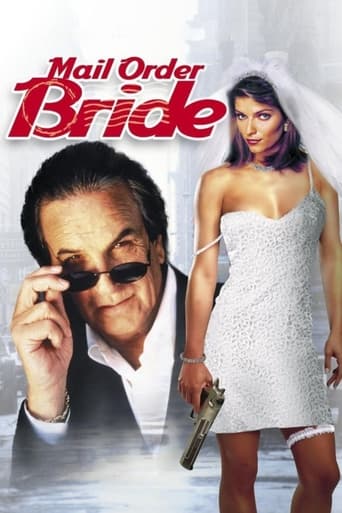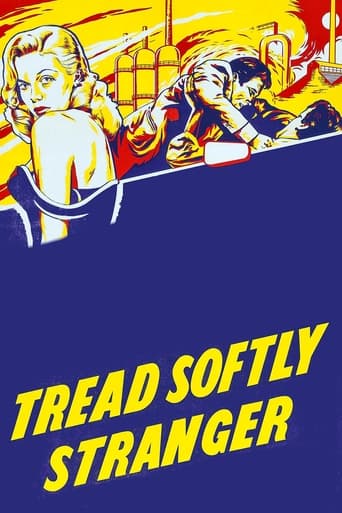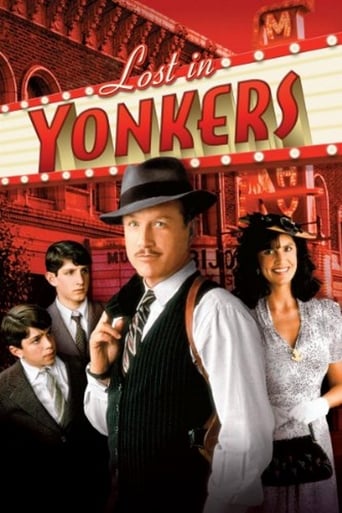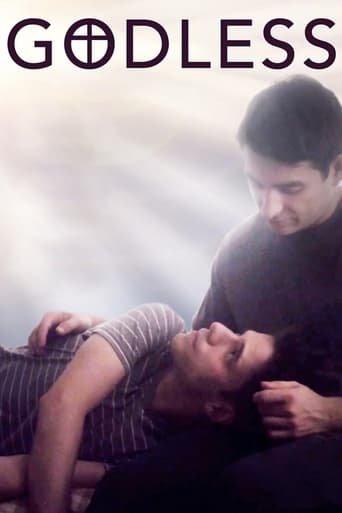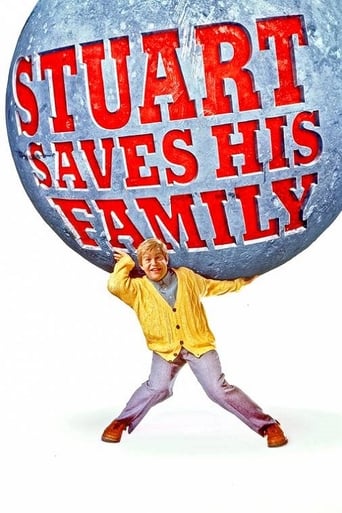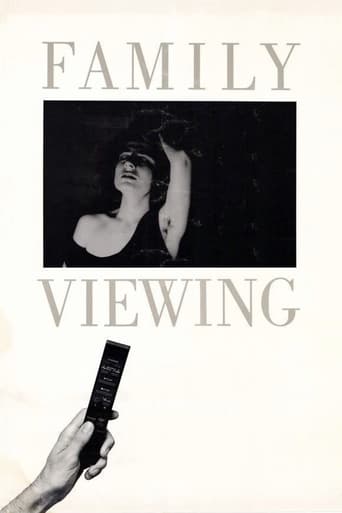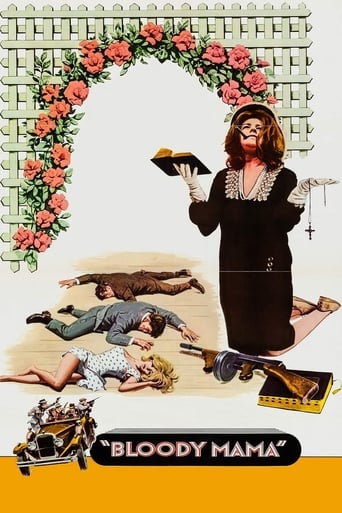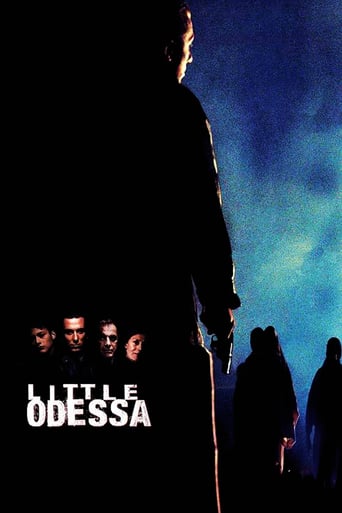
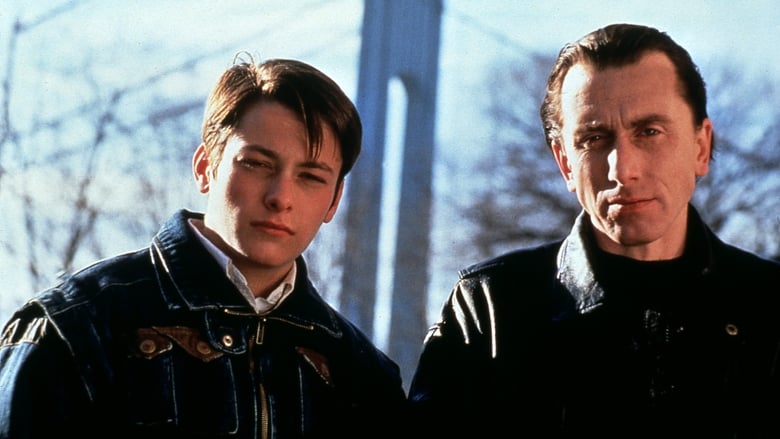
Little Odessa (1995)
Long separated from his Russian family, hitman Joshua returns to Brighton Beach for a contract killing for the Russian Mafia. His abusive father, Arkady, banned him from returning after Joshua committed his first murder. He takes up residence in a hotel, and soon everyone knows he has returned. He goes home to visit his dying mother, Irina, and prepares for the assassination, getting drawn back into the criminal community he left behind.
Watch Trailer
Cast
Similar titles
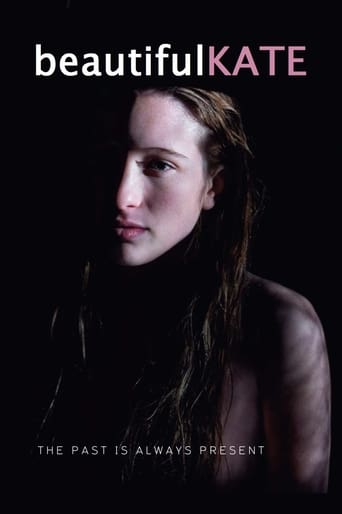
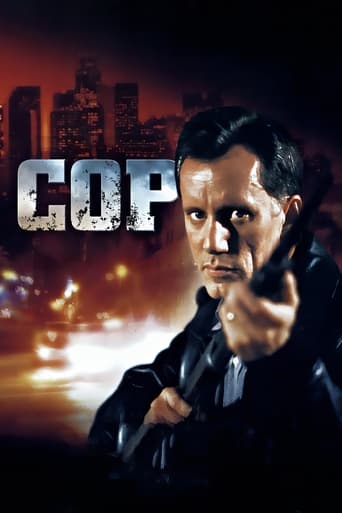
Reviews
Touches You
Boring
It's entirely possible that sending the audience out feeling lousy was intentional
It's simply great fun, a winsome film and an occasionally over-the-top luxury fantasy that never flags.
I might not have much to say for the story line But that doesn't matterJust watch this movie You will be captivated from the first moment -I am TEMPTED to say these can't be actors it's so real :)Really- it's so well done Forget the story focus on the acting Simply TOPSI've not witnessed a cinematic production as this in a long time again NOT the story But HOW it's presented TOP OF THE LINE HERE the acting is SO good I don't even WANT to know the actors names ONLY for the characters the play Beats ALL of Gene Hackman movies in one single blow Sorry Genewell-actually - no I'm not sorry Gene
According to the IMDb, James Gray's grandparents were "Russian immigrants." This movie was his vision and I strongly disagree with his warped view of immigrants. Years ago when I was in a wealthy suburban town far from Brighton Beach, I was asked whether I saw the film. I was also asked whether I was ever involved in the Russian mafia. I answered "no" to both questions. It was true I had never seen the film, nor had I ever been involved with Russian organized crime. I was a first-generation American, who because of my parents and grandparents was able to speak Russian, and my family's hopes of achieving the "American Dream" rested firmly on my shoulders. The man who had asked me these questions was an accomplished educator, who had even once been invited to the Oval Office. He was always borderline derisive of me and I felt that he had seen me as a stereotypical "Russian mobster in the making." It was years later when I finally watched the film and I was fuming. I want to convey several issues to Americans about this film. The most important issue is that crime exists everywhere, but Brighton Beach is not controlled by the Russian Mafia. There is barely any presence of Russian organized crime, and most residents have vaguely heard or interacted with these elements. The protagonist of the film, a Russian Jewish hit-man who fled Brighton Beach to evade the ire of the Russian Mafia, was a plot-driven character who did not even slightly resemble any of the young immigrants who arrived to Brighton Beach during the 1970's and 1980's. Joshua Shapira was as realistic as Peter Pan. Second, the elderly generation was poorly portrayed in this film. It was filmed in 1993 and Jacob's 80-year-old grandmother was James Gray's idea of an "off-the-boat" immigrant. I almost laughed at how the grandmother only spoke Yiddish and was an "old world" zombie. That is absolute nonsense. It is true that that generation could speak Yiddish, but they in fact spoke Russian much more frequently and were quite cognizant of history, politics, and current events. That generation, my grandparents, attended English courses for immigrants and were able to converse in basic English. I will admit that not all could do this. Some still had to work, while others had to babysit their grandchildren. My point is that the grandmother in this film, an "Old World" Yiddish-only zombie, was not in any way, shape, or form similar to the grandparents of the Soviet Jewish immigration. My grandfather, who recently passed away, spoke Yiddish, Russian, and rudimentary English (because he worked in this country for many years). He also was always mindful of American and world politics. The portrayal of grandparents in this movie was ridiculous and unrealistic. For example, on my way to the Brighton Beach library I remember overhearing two World War 2 generation Soviet immigrants discussing Hillary Clinton's first international tour as Secretary of State in 2009. The baby boomers, who are grandparents today on Brighton Beach, can speak English proficiently and are quite Americanized. Third, the mother suffering from cancer at home and implicitly unable to get medical care because she is an immigrant is absurd. The United States fully provided medical care and support to the underprivileged. If the Shapiro family were in fact as poor as the family portrays, she would had been able to receive Medicaid/Medicare benefits and the government would have paid for her treatments. It was a sinister exaggeration that the poor immigrant suffering from cancer had to die at home and implicitly the reason was because of her "impoverished immigrant status." Absolutely bogus. She would have been provided full medical benefits and not suffer at home like portrayed in the film. Fourth, the father in the film was the stereotypical "Soviet dictator" parent who was domineering, abusive, and emotionless. The character was just a plot-driven element of the film not remotely similar to any of the Soviet Jewish immigrants who had supported their children, who were either born in the USA or arrived as young children. He was clearly the antagonist of the film, and when the accomplished educator I had mentioned earlier spoke to me about Brighton Beach, I distinctly remember him asking what my father was like. I can assure you that 99% of the Soviet Jewish parents were not Stalin-like brutes. They, in fact, were completely supportive because they wanted their kids to be successful Americans. The father in this film, who dressed like they did at the turn of the century and not the 1990's and stood on Brighton Beach at night with others drinking Vodka with prostitutes, was nowhere close to any reasonable behavior or individual I have encountered on Brighton Beach. The father was an absurd character created by a warped view of what a Soviet immigrant patriarch would be like. I won't spoil the ending for those who haven't seen it, but as the entire movie suggests Brighton Beach is a dark world full of crime, sadness, and tragedy. False. False. False. New Yorkers from all five boroughs travel to the beach and boardwalk during the warmer months, and Brighton Beach is full of restaurants, Sushi bars, and Russian nightclubs. I cannot explain to you how ridiculous it was when Joshua in the end sat in his car alone thinking about all the tragic events during the film. Even when this was filmed in 1993, the movie was a terrible and inaccurate portrayal of Brighton Beach and the Soviet Jewish immigrants who inhabit it. I can tell you that the Soviet Jewish immigrants who arrived when they were young and first-generation Americans who were born here did not live in "Little Odessa" and were not inclined to a life of crime. Education, hard work, and successful careers are the attributes of those who inhabit Brighton Beach and this movie was complete fiction in its portrayal of the older immigrants, younger immigrants, and first-generation Americans.
This is a review of "Little Odessa", "The Yards" and "We Own the Night", three crime dramas by director James Gray.Released in 1994, "Little Odessa" stars Tim Roth as Joshua Shapira, a volatile criminal who has been exiled by his family. A "prodigal son returns" narrative, the film watches as Roth returns to his family home. Though his relatives still distrust him, Joshua is idolised by his younger brother, little Reuben Shapira (Edward Furlong). The film ends, as most "prodigal son" tales do, with Reuben dying, paying for his brother's sins."Little Odessa" was Gray's debut. It's a very good drama, well acted by the always electric Tim Roth, but the film's ethnic details are unconvincing and Gray falters in his final act with an obvious, overblown sequence in which little Reuben is accidentally gunned down.Gray followed "Odessa" up with "The Yards" (2000), a crime drama set in the commuter rail yards of New York City. The film's structure is similar to "Odessa", and sees Mark Wahlberg playing an ex-convict who returns home after a short stint in prison. Wahlberg attempts to stay clean, to keep his nose out of crime, but is drawn back into the criminal underworld by a friend played by Joaquin Phoenix. The film retains the "brotherhood dynamics" of "Odessa", Wahlberg playing the "good son" who eventually turns on his suffocating sibling. Once again the film ends with a ridiculously over-the-top death sequence.While "The Yards" has a certain, smothering pretentiousness about it, convinced about its own importance (it's lit like Rembrandt, street fights are filmed like Visconti's "Rocco and His Brothers" and it's reaching for the tone of Coppola's "The Godfather"), Gray nevertheless cooks up some wonderful strokes, like a beautifully sensitive welcome-home party, a wordless assassination attempt and a fine, aching performance by Wahlberg. It's a great mixed bag.Gray then directed "We Own The Night", arguably his best crime flick. The "good brother/bad brother" motif returns, this time with Mark Wahlberg and Joaquin Phoenix playing a pair of brothers on either side of the law. Phoenix's a perpetually high playboy who owns a nightclub frequented by drug-runners and mafia types, and Wahlberg's a straight-arrow cop trying to keep the streets clean. When the mafia unleashes an assassination campaign on local cops, Phoenix switches allegiances, goes undercover and attempts to take down the mob. There are touches of "Donnie Brasco", "Rush", "Point Break", "Serpico", "State of Grace", "Infernal Affairs" and every other "undercover cop" movie you can think of, but the film is beautifully lit, is atypically straight-faced and features a superb, rain-soaked car chase.Some have suggested that Gray's trilogy should be celebrated for working in a "classical", almost conventionally Greek mould. That his conventionality suggests that all his characters are at the mercy of already in place contours, their fates forgone. Mostly, though, Gray's trilogy highlights the ways in which contemporary artists have struggled to conceive of a response to postmodernism. The crime movies of, say, Tarantino and Scorsese, are unashamedly postmodern, toying with and regurgitating clichés from 1930s Warner machine gun operas and MGM crime flicks. They aren't about "crime", so much as they're pastiche jobs, jazzed up films about crime films. As a response to this aesthetic, artists who deem themselves "serious", who rightfully ask "what exactly comes next?", tend to look backwards at what came before, as though post-war modernism, by virtue of being modernism, is intrinsically "the solution". This leads to classically shot and written but wholly regressive fare like Gray's trilogy, which essentially unscrambles the world's Scorseses and Tarantinos and puts you right back in the 1940s, minus the irony and flippancy.But you can't go backwards in this way; your audience will always be ten steps ahead and there will always be a huge chasm between your solemnity and the tired insights your film delivers. This is why true progressive works in the genre, for example fare like "The Wire", which actively attempts a cognitive mapping of both global capitalism and crime, are neither modernist or postmodern, whilst possessing the vital traits of both. Philosophers have alternatively coined this new movement "neoprimitivism", "pseudomodernism", "participatism", "post-post modernism", but the one that seems to be sticking is "new modernism".Whatever you call it, this hypothetical movement rejects postmodern nihilism (nothing matters, there is no "truth", it's just a film), actively tries to convey the complexities of our world, and covertly believes that it is possible and necessary for individuals to make value judgements, take stands, approach objectivity, and back facts up. It is modernist in its desires to "understand", "teach", "decipher" and "make better" the world, and in its emphasis on culture, society, technology and politics. The movement doesn't reject postmodernism, but co-opts its tropes and bends them to suit its aim, questioning agency, subjectivity and attempting to piece together the fragments and multiple perspectives that typify complex systems. In short, truly relevant crime films simultaneously simulate our contemporary environment of junk, noise, commerce and static, before proceeding to decode, organise and target roots. As William Gibson said way back in the 1980s, future great artist will function like search engines, mapping and making sense of the detritus. Gray goes backwards to when there was less noise.7.9/10 - Worth one viewing.
In "Little Odessa" (So dubbed after the Russian enclave of the same name in Brooklyn), Roth plays a hit man who returns to the neighborhood of his youth only to find that family matters are not as easily settled as contract killings. The film is an excellent debut for writer/director Gray and, IMHO, much better than his follow-up work "The Yards". "Little Odessa" may be short on story with an obvious absence of the tinselization which comes with big bucks, but it is also honest, unpretentious, and sports an excellent cast. Will play best with reality freaks into crime dramas. (B-)
